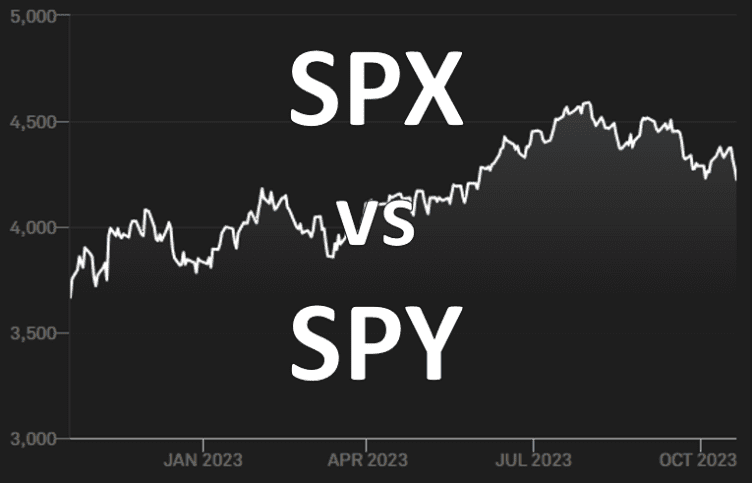If you’re considering buying cryptocurrency as an investment, it’s crucial to have a comprehensive understanding of the process. This detailed guide will provide you with step-by-step instructions on how to buy cryptocurrency, covering important aspects such as choosing the right cryptocurrency, selecting a reliable exchange, deciding on payment methods, and securely storing your digital assets.
In this article
Read: What Is Cryptocurrency? A Guide for Beginners
Which Cryptocurrency to Buy
While there are thousands of cryptocurrencies available, it’s advisable to consider the top cryptocurrencies with the highest market capitalization. Bitcoin, being the first and most well-known cryptocurrency, maintains the highest price and market cap. Ethereum, on the other hand, offers additional functionality with its ability to execute smart contracts, making it a popular choice among investors. Altcoins, which encompass all other cryptocurrencies, provide a diverse range of options. However, it’s important to be cautious when considering smaller or newer cryptocurrencies, as they may carry higher risks.
Prior to making a purchase, it’s important to clarify your investment goals. Are you looking for long-term value appreciation, seeking to conduct transactions using cryptocurrency, or interested in leveraging the underlying technology through decentralized apps? Understanding your objectives will help you make an informed decision about which cryptocurrency to buy.
Researching the historical performance, market trends, and technological advancements of different cryptocurrencies can provide valuable insights into their potential for growth. Additionally, staying updated with the latest news and developments in the cryptocurrency industry can help you make informed decisions and identify promising investment opportunities.
Where to Buy Cryptocurrency
Choosing a reliable and reputable platform to buy cryptocurrency is vital for a secure and hassle-free experience. While the original concept of cryptocurrency aimed to eliminate intermediaries, using a centralized exchange is currently the most common and accessible option for most people.
Centralized exchanges act as trusted third parties, facilitating transactions and providing a sense of security. Leading exchanges such as Coinbase, Gemini, and Kraken offer user-friendly interfaces, extensive coin selections, and robust security measures. They are well-suited for beginners and those seeking a seamless buying experience. All-in-one exchanges like Robinhood and Webull, which combine stock trading with cryptocurrencies, offer a convenient option for investors familiar with traditional brokerage accounts. For more advanced users, decentralized exchanges provide a decentralized and peer-to-peer trading experience, offering competitive prices and increased privacy.
When choosing a cryptocurrency exchange, consider factors such as security features, trading fees, liquidity, customer support, and regulatory compliance. It’s advisable to read reviews, compare different platforms, and consider recommendations from trusted sources before making a decision.
How to Pay for Cryptocurrency
When it comes to purchasing cryptocurrency, there are several payment options available to investors.
Paying with Fiat Currency: Most popular cryptocurrencies can be purchased using traditional fiat currencies such as the U.S. dollar, Euro, or other local currencies. Exchanges generally accept payment methods like bank transfers, debit cards, and sometimes credit cards. Using credit cards for cryptocurrency purchases may involve additional fees and potentially higher interest rates if the balance is not paid in full.
Paying with Cryptocurrency: If you already own cryptocurrencies, you can use them to trade for other digital assets. Many exchanges offer a wide range of trading pairs, allowing you to exchange one cryptocurrency for another. You’ll need to check first that the exchange supports the specific trading pairs you are interested in and consider any associated transaction fees.
Before proceeding with any payment method, evaluate the transaction fees, processing times, and the overall convenience and security offered by the chosen method.
Secure Storage of Cryptocurrency
Protecting your cryptocurrency investments is of utmost importance, as digital assets are vulnerable to loss or theft. Implementing secure storage solutions ensures the safety and integrity of your funds.
On-Platform Storage
Many exchanges provide on-platform storage options, allowing users to store their cryptocurrencies within their exchange accounts. This option offers convenience, especially for frequent traders or those participating in staking and rewards programs. However, it’s essential to be aware that on-platform storage carries certain risks. The security of your assets depends on the exchange’s infrastructure and their ability to protect against hacking attempts or breaches.
Noncustodial Wallets
For enhanced security and control, noncustodial wallets are recommended. These wallets give you complete ownership of your private keys, which are necessary for accessing and transacting with your cryptocurrencies. Noncustodial wallets can be further categorized into hot wallets and cold wallets.
Hot wallets, such as software wallets and mobile apps, provide convenience and accessibility for daily transactions. However, they are connected to the internet, making them potentially susceptible to online threats. It’s crucial to choose reputable wallet providers, implement strong security measures such as two-factor authentication, and regularly update the wallet software to mitigate risks.
Cold wallets, including hardware wallets and paper wallets, offer the highest level of security by storing private keys offline. Hardware wallets are physical devices that securely store private keys and facilitate offline transaction signing. Paper wallets involve printing the private keys on paper and storing them in a secure location. Cold wallets are highly recommended for long-term storage of significant amounts of cryptocurrency, as they are isolated from potential cyberattacks.
Choosing the appropriate storage option depends on the amount of cryptocurrency you hold, your trading frequency, and your risk tolerance. It’s crucial to find a balance between convenience and security to protect your valuable digital assets.



